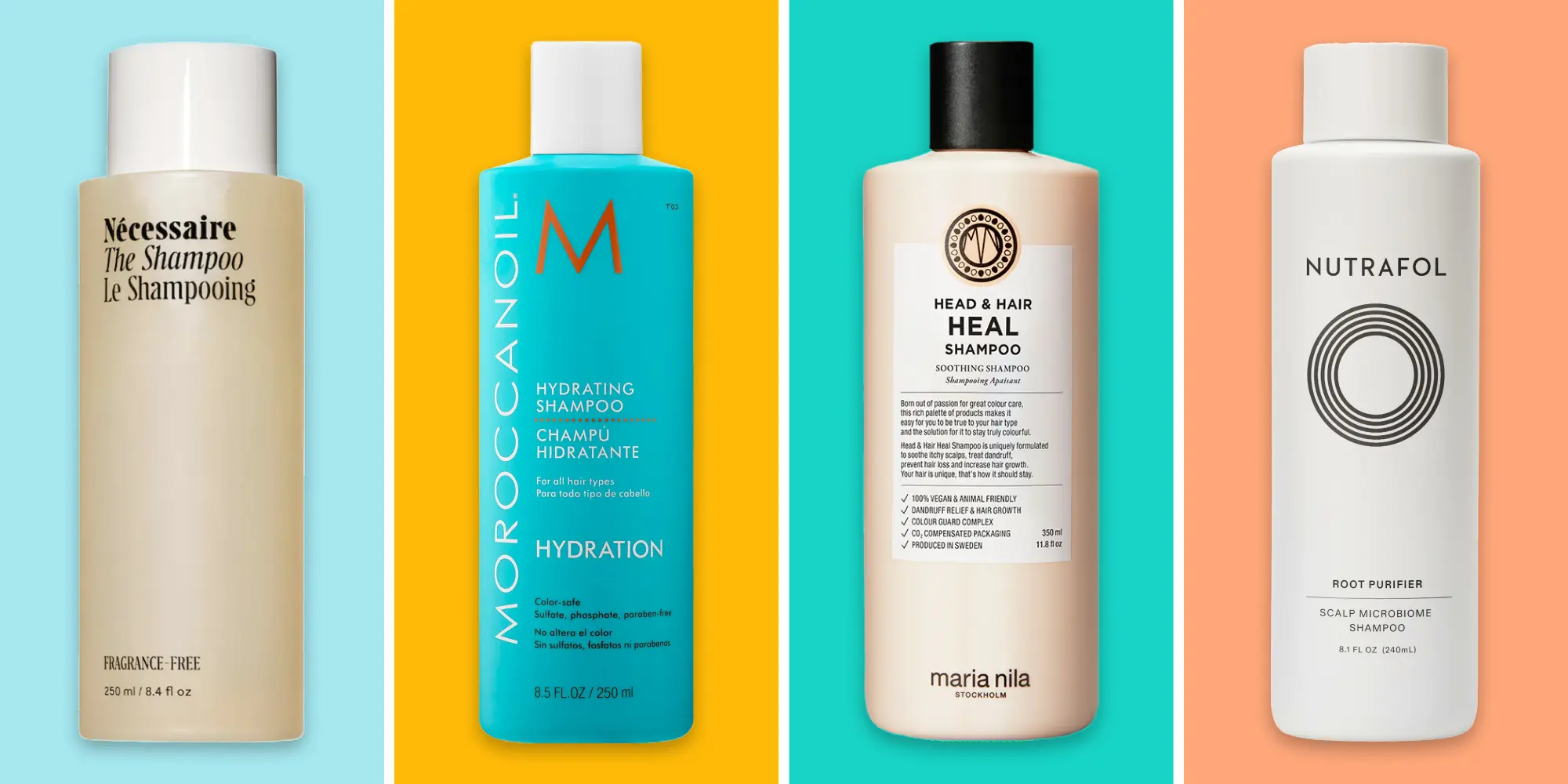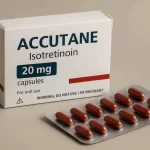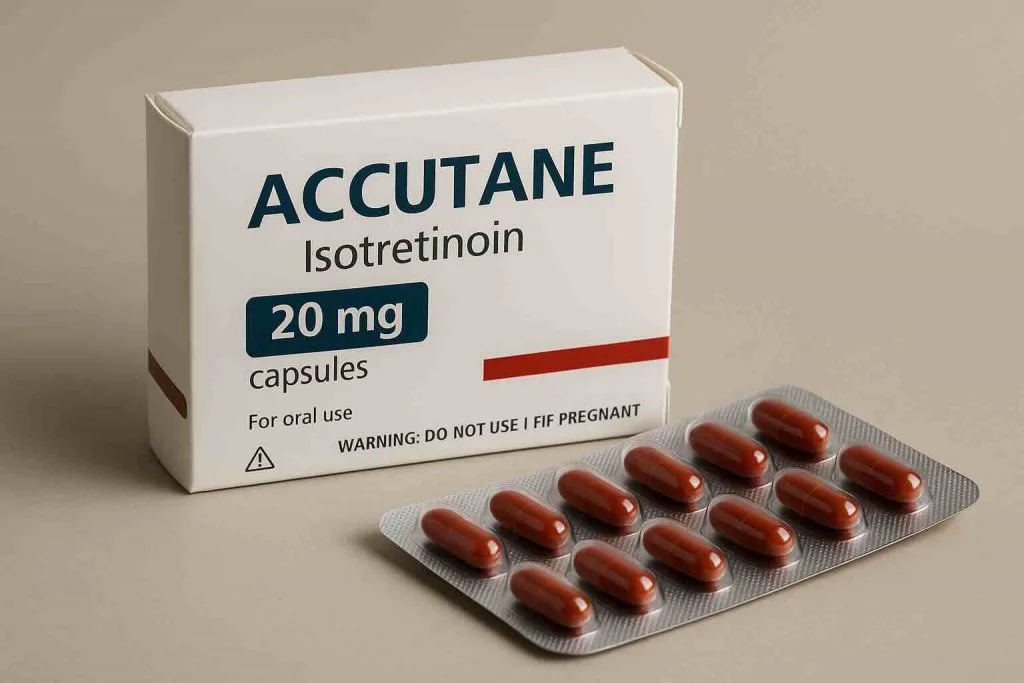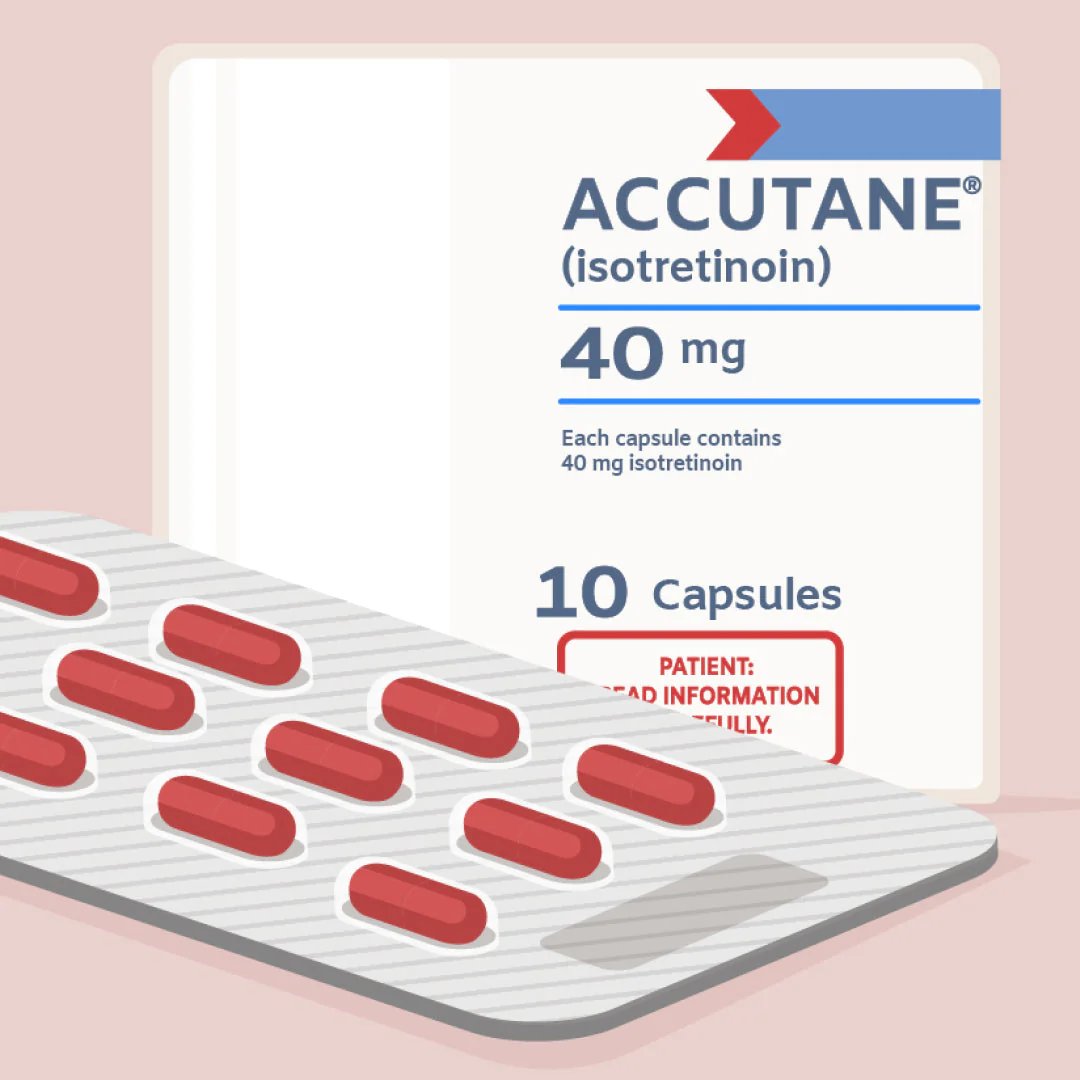A shampoo recommended by a dermatologist is chosen because it addresses specific scalp and hair concerns with proven, safe ingredients. These shampoos are often formulated to improve scalp health, support hair growth, and protect the hair shaft.
A board-certified dermatologist may suggest options for conditions such as dandruff, seborrheic dermatitis, or hair thinning. Using a dermatologist-recommended shampoo helps patients select treatments that match their hair type and condition, while reducing the risk of irritation.
DermOnDemand, led by board-certified dermatologist Dr Alicia Atkins, offers patients fast, discreet access to expert hair and scalp care. When choosing a dermatologist-recommended shampoo, knowing which formulas truly support healthy hair is key.
This guide explains what sets these shampoos apart and how to choose the right one for your needs.
Key Takeaways
- Dermatologist-recommended shampoos target scalp health and hair concerns with proven ingredients, unlike regular shampoos that focus mainly on cosmetic effects.
- These shampoos can address issues such as hair loss, dandruff, seborrheic dermatitis, and sensitive or frizzy hair by using actives like ketoconazole, zinc pyrithione, and amino acids.
- Over-the-counter options work for many patients, but prescription shampoos may be needed for severe or persistent conditions such as psoriasis or rapid hair thinning.
- Choosing the healthiest shampoo depends on scalp type, hair type, and condition, with options available for oily, fine, and damaged hair.
- Consulting a board-certified dermatologist, such as through DermOnDemand, ensures personalized recommendations and safe use of prescription-grade treatments.
Best Shampoo Recommended by Dermatologists
For hair loss and hair growth
Hair loss and hair thinning are common reasons patients seek professional help. Dermatologists often recommend shampoos with ketoconazole, caffeine, or peptides that stimulate hair follicles and increase hair density. While no shampoo alone can fully regrow hair, consistent use of these formulas improves scalp health and supports other treatments.
Patients with female-pattern or male-pattern thinning may pair a dermatologist-recommended shampoo with prescription therapies. Dr. Alicia Atkins notes that these shampoos create the foundation for healthy hair growth by reducing inflammation and improving scalp circulation.
Using them a few times a week can strengthen hair and limit further loss.
- RootMD DHT-Blocking Shampoo – Formulated to block DHT, a leading factor in hair thinning. Supports hair follicles and helps increase hair density with targeted ingredients.
- Nizoral A-D Anti-Dandruff Shampoo (ketoconazole 1%) – Reduces scalp inflammation that contributes to hair loss and supports scalp health.
- Revita High-Performance Stimulating Shampoo – Combines caffeine, biotin, and peptides to reinforce the hair shaft and encourage healthy hair growth.
For dandruff and scalp psoriasis
Dandruff and seborrheic dermatitis cause flakes, itching, and irritation. Shampoos with zinc pyrithione, selenium sulfide, or ketoconazole are dermatologists’ favorites. These ingredients reduce yeast growth on the scalp and calm inflammation.
For psoriasis, medicated shampoos with coal tar or salicylic acid may be prescribed. They help loosen scales and improve comfort. Consistent use, even just two to three times a week, can significantly reduce symptoms and improve scalp health.
- Head & Shoulders Clinical Strength (selenium sulfide 1%) – Provides relief for stubborn dandruff and scalp irritation.
- Neutrogena T/Gel Therapeutic Shampoo (coal tar) – Effective for scalp psoriasis and chronic dandruff.
- Neutrogena T/Sal Therapeutic Shampoo (salicylic acid 3%) – Targets buildup and loosens flakes for better scalp comfort.
For sensitive, dry, or frizzy hair
Patients with sensitive skin or dry hair need formulas that avoid harsh surfactants. Dermatologists suggest shampoos with gentle cleansers, hydrating oils, or ceramides. These maintain natural oils while preventing irritation.
For frizzy or damaged hair, protein-rich shampoos can reinforce the hair shaft. Options that smooth the cuticle also help improve manageability. A dermatologist-recommended shampoo in this category focuses on both scalp comfort and hair texture.
- CeraVe Hydrating Shampoo – Gentle, ceramide-based cleanser that maintains scalp moisture and natural oils.
- Aveeno Scalp Soothing Oat Milk Blend Shampoo – Hydrates and calms sensitive or dry scalp with oat extract.
- Olaplex No.4 Bond Maintenance Shampoo – Repairs damaged hair, strengthens strands, and reduces frizz.

Which Shampoo Is Recommended by Dermatologists?
Dermatologists recommend shampoos that target scalp health while protecting the hair shaft. The right choice depends on your condition – from hair thinning to oily hair or dandruff.
Unlike generic products, dermatologist-recommended shampoos contain ingredients that have been tested for safety and effectiveness. Examples include zinc pyrithione for dandruff or amino acids to strengthen hair follicles and increase hair resilience.
A dermatologist-recommended shampoo also considers your hair type and sensitivity. Someone with fine hair may need a lightweight formula that does not weigh strands down, while patients with damaged hair may benefit from options that restore natural oils. The goal is not just cosmetic improvement but supporting long-term healthy hair.
Why Dermatologist-Recommended Shampoos Stand Out
What makes them different from regular shampoos
Dermatologist-recommended shampoos are designed with treatment in mind, not only cleansing. They balance cleansing agents with therapeutic ingredients that work on the scalp and hair follicles. Regular shampoos may focus on fragrance or shine, but dermatologists’ choices emphasize evidence-based solutions for hair and scalp conditions.
The frequency of use is also important. Many dermatologist formulas are intended for use several times a week, allowing steady treatment without over-drying. By addressing both hair and scalp, they provide consistent results that drugstore shampoos rarely achieve.
Key ingredients dermatologists trust
Common active ingredients include salicylic acid for seborrheic dermatitis, ketoconazole for dandruff and hair loss, and amino acids to strengthen the hair shaft. These components target scalp inflammation, support hair regrowth, and enhance overall hair care.
Dermatologists also favor ingredients that replenish natural oils and maintain moisture. Formulas with ceramides, mild surfactants, or botanical extracts can protect against irritation while improving hair and scalp balance. These trusted ingredients ensure patient safety and treatment effectiveness.
Prescription vs Over-the-Counter Options
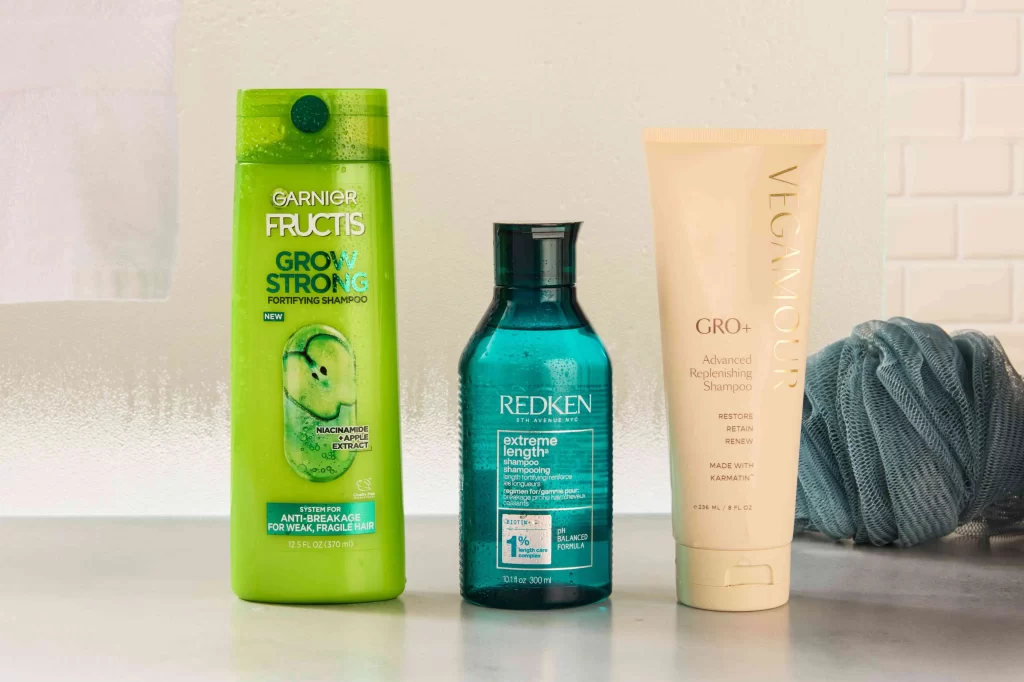
What shampoo do doctors prescribe?
Doctors may prescribe shampoos with higher concentrations of active ingredients. Examples include ketoconazole 2% for fungal scalp infections or clobetasol solutions for severe psoriasis. These treatments are stronger than OTC products and require medical supervision.
Prescription shampoos are typically reserved for patients with chronic or severe scalp disease. They provide faster results but must be used carefully to avoid side effects.
When to consider a prescription treatment
If OTC dermatologist-recommended shampoos do not improve symptoms after several weeks, a prescription may be needed. Severe seborrheic dermatitis, persistent dandruff, or painful scalp lesions are signs to consult a board-certified dermatologist.
Prescription treatments are also advised when hair loss progresses quickly or when common hair care products worsen irritation. DermOnDemand offers patients a safe way to access these treatments without long delays.
Choosing the Healthiest and Top-Rated Options
What is the healthiest shampoo to use?
The healthiest shampoo is one that matches your scalp and hair type. A dermatologist may recommend formulas free of harsh sulfates and heavy fragrances, especially for sensitive skin. For oily hair, clarifying but gentle cleansers help control sebum without stripping.
Shampoos that include amino acids, vitamins, or moisturizing agents can maintain balance and support healthy hair over time. Using the right shampoo a few times a week helps maintain scalp health and prevent damage.
How to Choose the Right Shampoo for You
Choosing the right shampoo involves understanding your scalp and hair types. Patients with fine hair should use lightweight formulas, while those with oily hair may need stronger cleansing agents. If you have damaged hair, look for moisturizing and repair-focused options that protect the hair shaft.
Dermatologists recommend matching the shampoo to the condition – hair loss, dandruff or sensitivity – rather than only personal preference. Considering these factors ensures the product supports both hair and scalp health.
When to See a Dermatologist for Hair Concerns
If hair thinning progresses despite over-the-counter care, or if scalp conditions persist, it is time to see a dermatologist. Severe seborrheic dermatitis, painful scalp lesions, or sudden hair loss require medical evaluation.
DermOnDemand connects patients directly with board-certified dermatologists like Dr. Alicia Atkins. Within 24 hours, you can receive a personalized plan that includes prescription-grade shampoos or other targeted treatments.


